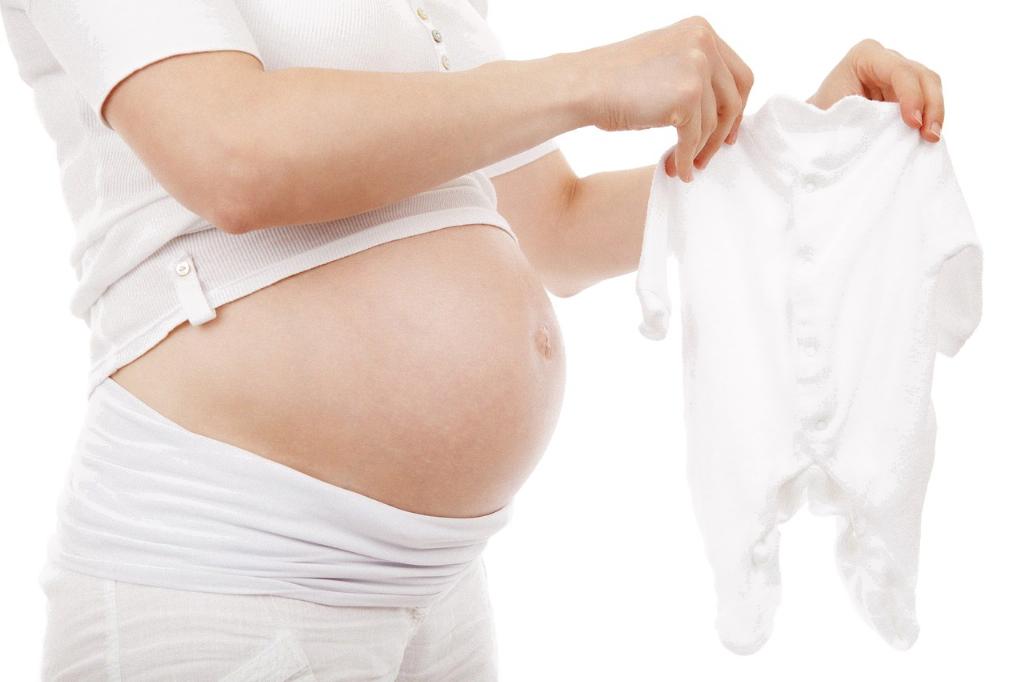When it comes to the safety of consuming papain during pregnancy, it is important to consider various factors that can impact the health of both the mother and the developing fetus. Papain, an enzyme found in papaya, is known for its potential to aid in digestion and reduce inflammation. However, when it comes to pregnancy, caution is advised due to potential risks.
Studies have shown that taking papain by mouth during pregnancy is possibly unsafe. The enzyme has the potential to cause birth defects or even lead to miscarriage. These risks are attributed to the ability of papain to break down proteins, which could potentially interfere with the essential processes occurring during pregnancy.
During pregnancy, it is crucial for expectant mothers to prioritize their health and the well-being of their developing baby. While some natural remedies can be beneficial, it is essential to consult with a healthcare provider before incorporating any new supplements or enzymes like papain into your routine.
Given the potential risks associated with papain consumption during pregnancy, it is recommended to err on the side of caution and avoid using products or supplements containing this enzyme. Protecting the health and safety of the developing fetus should be the top priority for expectant mothers.
It is always best to seek guidance from a healthcare professional who can provide personalized advice based on your individual health status and specific circumstances. They can offer insights into the potential risks and benefits of using papain during pregnancy and help you make informed decisions regarding your health.
While papain may offer certain benefits in non-pregnant individuals, the risks associated with its use during pregnancy outweigh any potential advantages. Ensuring a healthy and safe pregnancy should be the primary focus, and avoiding substances that could pose risks to fetal development is crucial.
Some studies have suggested a potential link between papain exposure during pregnancy and adverse outcomes, serving as a reminder of the importance of being cautious with the substances you introduce into your body during this critical period. Protecting the health of both the mother and the baby is paramount.
Ultimately, the decision about whether or not to use papain during pregnancy should be made in consultation with a healthcare provider who can provide expert guidance and support. Your healthcare team can help you navigate the complexities of pregnancy and make choices that prioritize the well-being of you and your baby.
While it can be tempting to explore natural remedies and supplements, it is crucial to remember that not all substances are safe for use during pregnancy. Taking a cautious approach and seeking professional advice can help mitigate potential risks and ensure a healthy outcome for both mother and baby.
Given the risks associated with papain consumption during pregnancy, it is advisable to avoid using products or supplements containing this enzyme until more research is conducted to establish its safety during this crucial period. Prioritizing the health and well-being of both mother and baby is essential.
Consulting with a healthcare provider before introducing any new substances into your routine during pregnancy is key to making informed decisions that support a healthy pregnancy. Your healthcare team can offer valuable insights into the potential risks and benefits of using papain and help you navigate this important time in your life.
In conclusion, while papain may offer benefits in other contexts, it is best to avoid using products containing this enzyme during pregnancy due to the potential risks it poses to the developing fetus. Prioritizing the safety and health of both the mother and the baby is crucial for a successful pregnancy journey.

